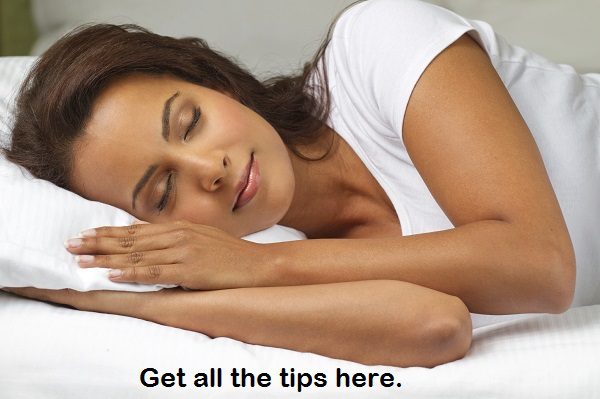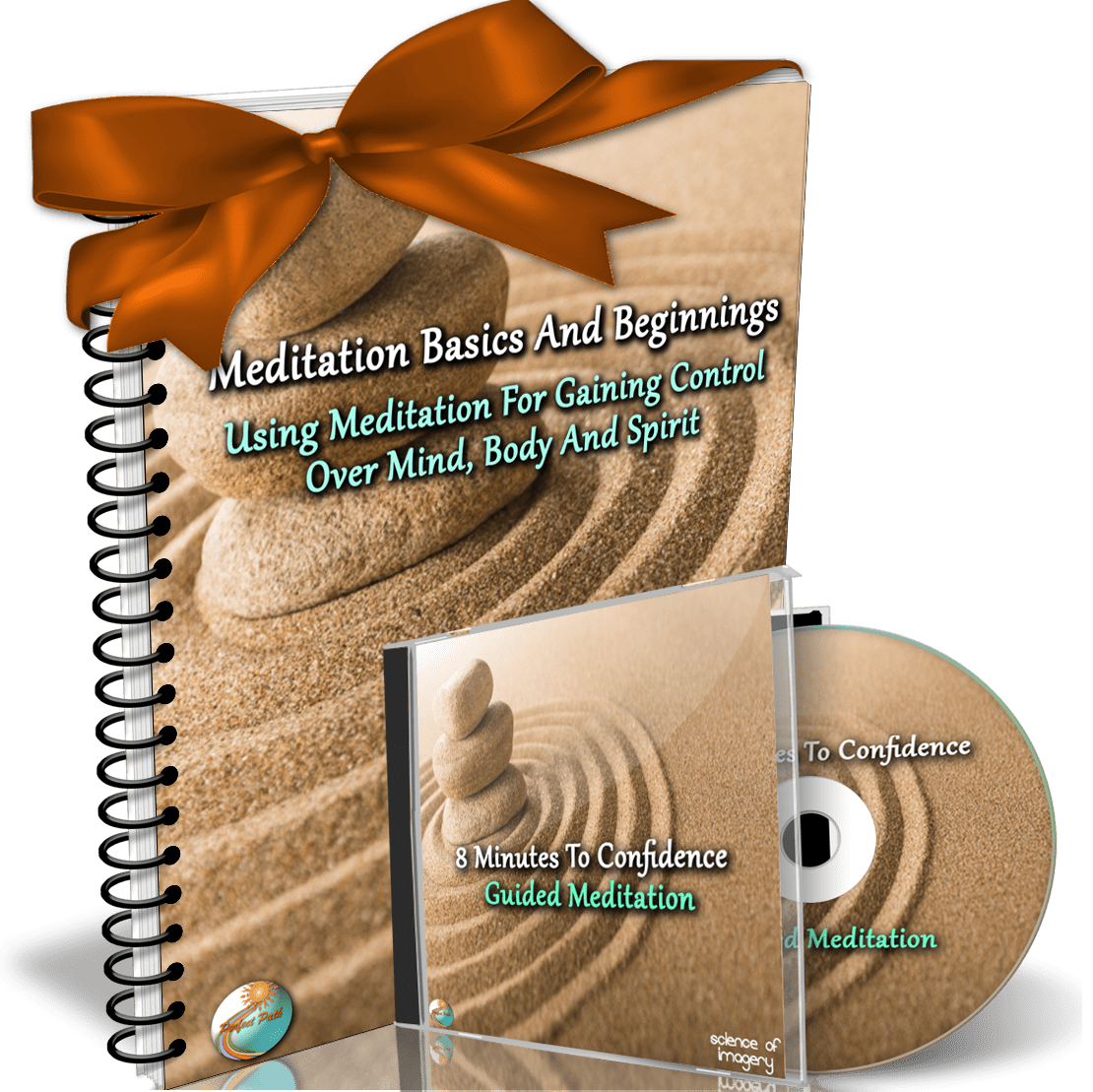Sleep is very important. And when you are not sleeping well your whole life can get messed up. Many times we don’t realize just how much sleep or lack of sleep can impact us. It can make you feel more negative, have less energy (which affects how you handle situations) and generally have a big impact on your over all health.
Kris Carr gives you some great info.
Sleep impacts every part of our lives, from our performance at work and interactions with loved ones, to our long-term health and mental well-being. In today’s 24/7 go-go-go world, restorative, blissful sleep is often hard to come by. I’ve sacrificed many nights of slumber to stress, work, over-indulgences (gulp gulp, nosh nosh), and Boardwalk Empire marathons (just one more!).
Today I want to talk to you about why sleep is integral to your health. A few small tweaks to your everyday habits can make big improvements in dreamland. Trying one of my 10 tips for better sleep (see below!) is a great place to start. I hope this blog empowers you to make sleep a priority. Once you start clocking more restorative z’s you’ll be amazed at how fabulous you feel.
What happens while you sleep?
Many major restorative functions occur while we sleep. For adults, the biggies are muscle growth, protein synthesis, tissue and cell repair. For infants and children, hormone production and brain development are key (which is why they need so much more sleep than adults).
But perhaps the most restorative function of sleep has to do with a neurotransmitter called adenosine. While we’re awake, our neurons fire and cells power us through the day, this process produces adenosine. It builds up all day long, leading to a decrease in dopamine—the neurotransmitter that keeps us alert and focused. So as adenosine goes up, dopamine goes down, resulting in that sleepy feeling you get at night.
While we sleep, we clear adenosine from the body and start fresh in the morning feeling alert (study). The more sleep you get, the lower the level of adenosine, and the more alert you’ll feel in the morning.
How much sleep do you need and when?
The number of hours you should sleep depends on your age, gender, lifestyle, current health, and simply how you feel after X amount of sleep. Basically, it’s different for everyone, but usually between 7 and 9 hours does the job. If you feel energized all day long on 7 hours of sleep, then you don’t need 8. But if you’re groggy and relying on caffeine to get you through the day, then you likely need more than that.
When it comes to the timing of your night-time snooze, the most restorative window is typically between 11pm and 7am because your circadian rhythm is likely at its lowest point. (Although your dream time can vary—just try to nod off before midnight and sleep 7-9 hours.) Your circadian rhythm is influenced by your environment—namely lightness and darkness. It controls many of the physical, mental, and behavioral changes you experience in a 24-hour cycle, including your sleep pattern. Paying attention to your circadian rhythm and going to sleep when you feel drowsy means you’ll hit deep, restorative sleep more rapidly (Sleep Health Foundation).
Image credit: Pixabay
Get the rest of the tips, Kris Carr



